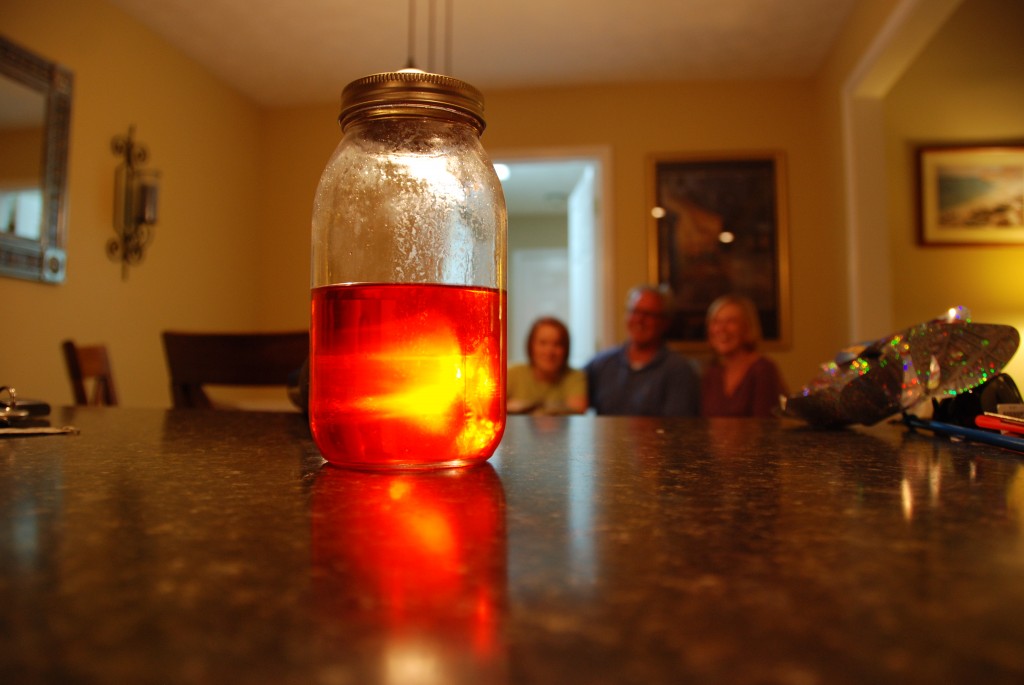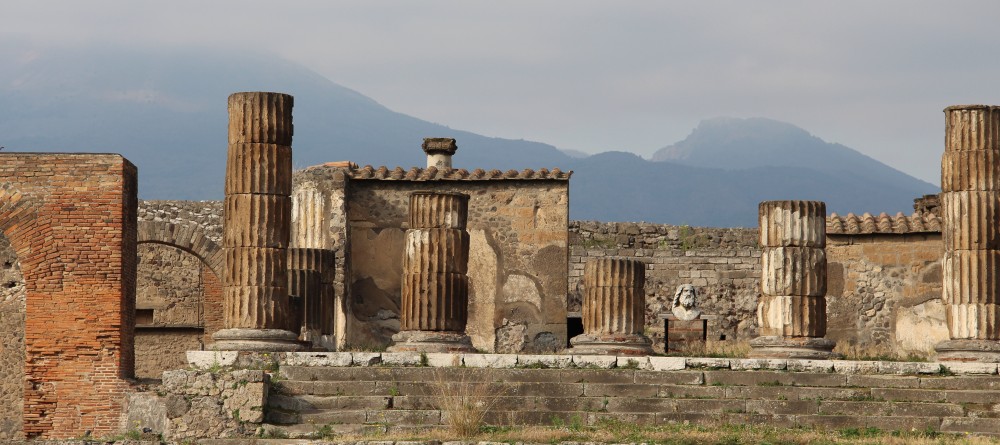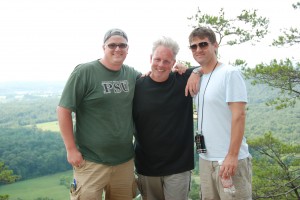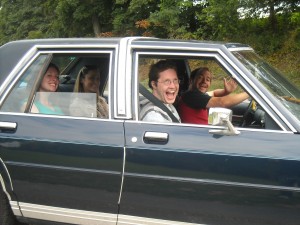I lay in bed for a long time tonight/this morning thinking about that last post. That question still dogging me.
Thursday or Friday we'll be shooting the lake scenes. Obviously, one is the accident.
The others are fantasies.
I forget now what the various stages of grief are supposed to be. One, I'm sure, is the blind acceptance of pop psychology. Another is anger. The kind of anger that makes you rave against the dead. Or hurt the living. Or throw typewriters off a dock...as we will do later this week. This scene is daydream rage. Rage against Brian, against Wendy, against God, against lakes and water and mud and night. Here's a poem that is daydream rage too (but read on after the poem, also):
Heron
1
In tangled hemp and scrub oak, I watch a heron
fall from a branch into a heavy glide
over the Missouri. By now, I know how a frog
or a sunfish freezes him in mid-stride
and I can guess which silence
turns his head, which ripple
will bring him sailing to the shallows.
Stillness isn't camouflage: to break a heron's back
requires careful, random movement; step when branches
scrape the levee, when the river shifts
a stone.
2
My brother's laughter flew from stream
to leaves when the wind lifted the dry flies
from my box into the water. One leafless branch
opened ragged wings and fled downstream.
Brian stopped laughing long enough to watch
it disappear. I searched for my lost lures,
recounting a friend's haiku: Heron following
river following heron...
Brian whipped his rod, back and forth, settled
the fly onto the surface. He said herons
scared the hell out of him. Madness.
3
The plan won't work--the heron feels me
watching. When branches click, I plant
a toe; when a carp's back rolls on the surface,
a heel. I stop thinking and become a tributary
winding down between the bluffs. A heron's vision
is nearly 200 degrees. It meets your gaze
from almost any angle. When my foot meets water,
the heron's eyes shoot wide; stumbling into flight,
he stretches out his neck, leaps into the air.
I throw sand, a broken clamshell,
and kick the waves.
4
Who's stupid enough, in rain and fog, to load a boat
with beer and friends and row until night
takes the shore? Factor in one affair
for each couple, one betrayal apiece.
Factor in two married mothers, two bachelors.
They huddle together in an unseasonably cold 53 degrees
and surely someone suggests they pull anchor,
pull oars, pull the hell out of here.
Factor in two who can swim, two who can't.
My brother exhales smoke into fog, lays
a hand on the oar and laughs.
5
Head drawn between its shoulders, one leg
hovering slightly forward, my heron studies
the current. For three days, concealed, dreaming
of nets spread in the overhang, wire snares
weighted in the shallows, I've watched
his shadow unfold in the river. Lately,
I imagine similarities in the accurate gravity
of beak and fist. When he strikes,
his body pours it's long neck and face
into the river: Ciconiiformus Ardea
Herodias.
6
Kicking the boat and the dock they couldn't
reach, shouting and weeping for Brian's lost
eyeglasses, which were presumed hidden
in the lake, I prayed.
Great God,
you vicious son of a bitch, tell me
one thing you love, and I'll destroy it,
and be done.
Somewhere in a clear darkness,
coursing up the long rigid trachea,
shuddering out the beak, a heron's cry
rolls across the water.
7
Assuming the attitude of the dead, I float:
breathing when the river breathes, pushing
away from snarls and the levee until at last,
above me, the heron glances away
from a corpse. I catch the base of his throat,
and rising--both of us--out of the water,
I snap him hard, right and left,
his sharp feet clawing my thighs and belly
until with both hands, and all my weight,
I hold him under. Choking, convulsing,
his wings beat uselessly on the current.
We'll be filming another fantasy, too. When we met in New York to work on the script, I made the first of several important friendships that have come of this project. As we worked on the final pages of the script, Andrew asked me what I would have wished for Brian and Wendy and all of us. I've been in a state of rage and loss for so many years that I had rarely considered such a question.
We're going to film the four of them, alive, on that dock, on that lake, laughing and having fun. Uncorrupted. Clean. In love with each other.
I don't know what I expected or wanted from this film when I wrote the first drafts. But Andrew helped me unearth something in the story that I had never seen in it before. Instead of chasing them into the void with anger and pain and guilt and loss, I get to send a wish after them--a snapshot they would have loved.





